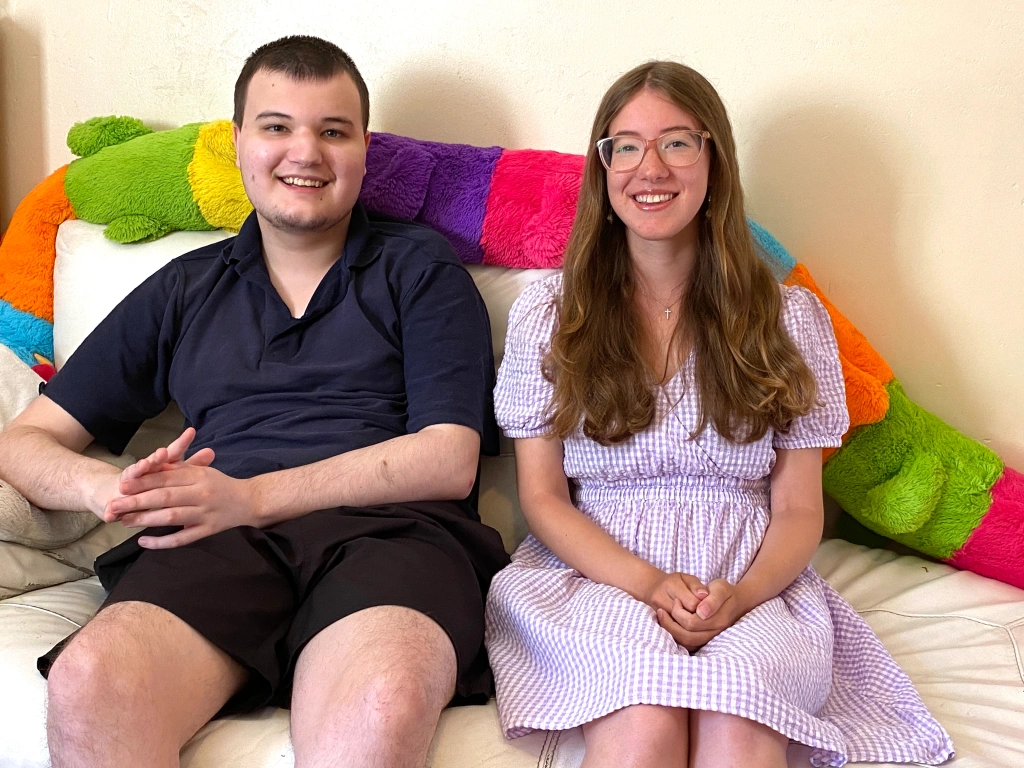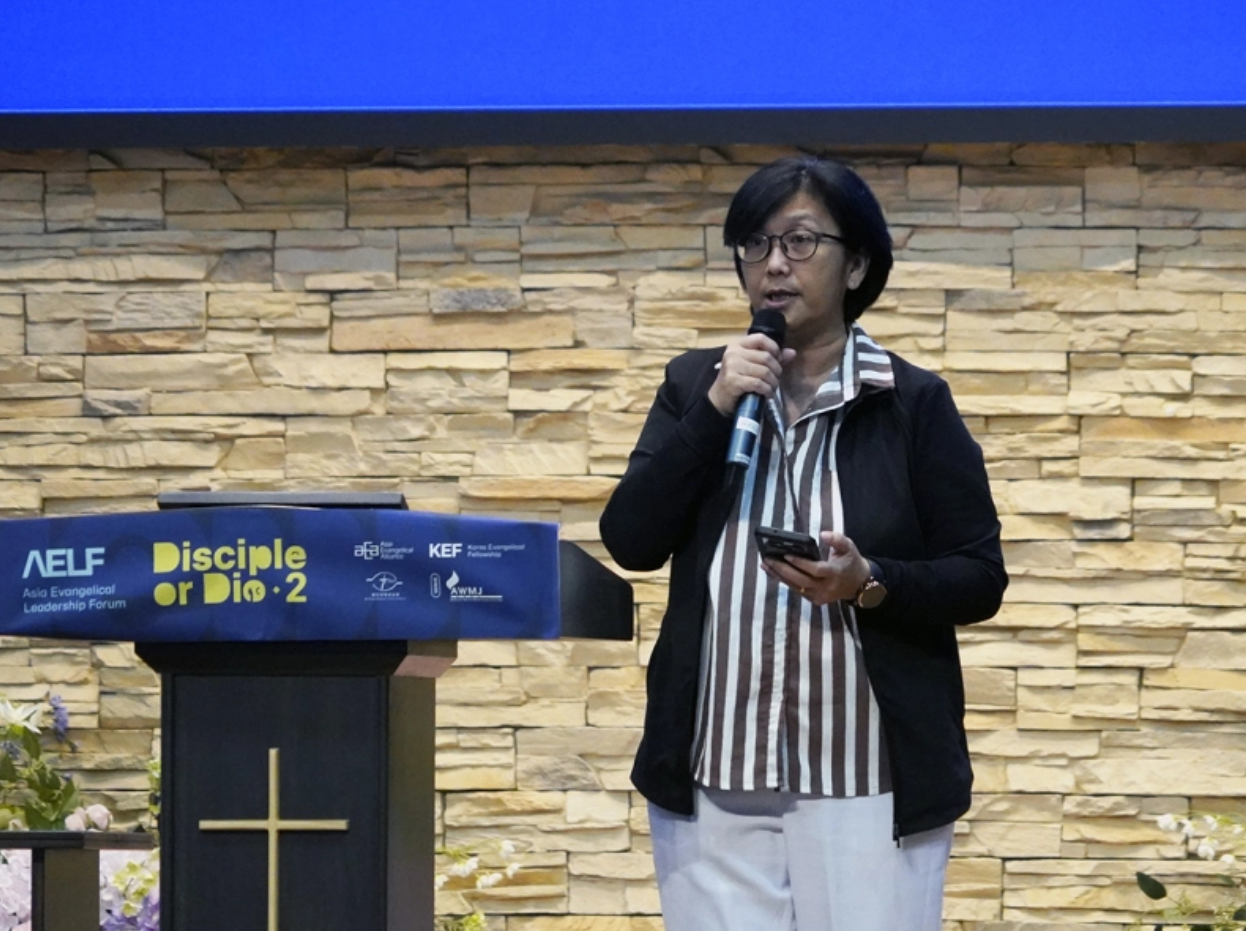This blog post is written by Mark Arnold’s daughter, Phoebe, who shares her experience of growing up as an additional needs sibling to her brother, James, as well as offering learnings for us all…
Growing up I didn’t often see a family unit similar to my own; from a young age I was a carer for my younger brother, James, who was diagnosed as Autistic and with Learning Difficulties in 2005 when he was 2 ½ and I was 5. By the time I was in the youth group, James was still non-verbal and needed around-the-clock care. As a young person this was my ‘normal’, however, it came with its challenges; faith and church were integral in navigating my teenage years with a disabled brother. This article will share five ways in which people who work with children and young people in Christian ministry can help to support the siblings of children and young people with additional needs.
- Additional Needs training
Growing up in church meant I could have time away from home in a safe space, which acted as respite for me. During my teenage years, I had the opportunity to serve and get a break from my caring responsibilities at home when attending youth groups. The youth groups provided respite from my brother, but there were times when my peers that had additional needs experienced stimulation and sensory overload resulting in them getting overwhelmed and distressed. My knowledge and experience of additional needs meant I ended up providing support for a peer due to our youth leaders lacking additional needs training. This took away from the respite aspect of church and led to me going from being a young carer at home to having similar expectations for my peer at church. Youth leaders having a basic level of additional needs training makes sure that youth groups can include children of all needs and abilities. If siblings are in the same youth group as their brother or sister who has additional needs, then the sibling may be happy to help with their support and care, but sometimes they will want to focus on doing their own thing at church. Ensuring that the young person is not solely responsible for their sibling with additional needs while at church is useful as it allows them to make their own choices about their caring responsibilities.
Find out about additional needs training here: www.urbansaints.org/additionalneedstraining
- Notice when they are out of sorts
Growing a good relationship with the young person’s parent or guardian helps to keep useful communication open. Encouraging this allows parents to discuss if anything has happened during the week, or the night before, and means leaders can be aware of any potential behaviour changes. Young people that are in a family unit with a sibling with additional needs also have an increased chance of having difficulties with their mental health due to their intense home lives. Work with parents and young people in understanding what would work best to support them in a church setting.
- Encouragement
It is important to encourage siblings of children and young people with additional needs to remember Christian values and the instructions that Jesus laid out for us all in the Gospels. For example, acknowledging that they may get frustrated with their sibling, but then encouraging them to exercise patience and kindness. Sometimes the family unit prioritises their child with additional needs due to their significant needs, which can lead to the siblings lacking attention from parents or guardians. The consequences of this can show up during church groups, like looking for additional attention or having issues with control. A way to manage this in a youth group setting is to provide encouragement and understand that if there is a flare-up in this behaviour, then there may be an external cause such as something going on at home.
- Offer support networks and quiet space
Another way that children’s and youth leaders can support siblings of children and young people with additional needs is by offering the use of the church space, whether during or around youth sessions, as a safe space to come and use as a quiet environment for e.g. completing homework. Understanding siblings’ basic needs is crucial, such as supporting the young person by providing a snack if they have missed a meal, or a quiet place to relax or rest. Also, it is helpful to be aware of resources to direct young people to, such as counselling, sibling groups, or respite care. This can be done effectively, without stepping on the toes of the parents, by working together to meet the needs of the young person. It is great to connect families with children and young people with additional needs within the church, so creating opportunities for families to find those networks, share teas and coffees, or create other activities as a great way to support all of their families, including siblings.
A great support network for siblings is ‘SIBS’: www.sibs.org.uk
An organisation that helps set up additional needs family networks in church is ‘Take 5 and Chat’ www.take5andchat.org.uk
- Listen
When telling someone their sibling has additional needs young people can get awkward and leaders might not know if they can ask questions. As a youth leader, it is essential to try and learn if the young person is comfortable talking about their sibling. Typically, for a young person with a sibling with additional needs, it is normal to talk about their brother or sister, so starting this conversation can be very encouraging to the young person. This is a valuable conversation to have on a regular basis, as it gives young people an opportunity to safely discuss confidential difficulties outside the family unit that perhaps they may be experiencing either at home or in other areas such as school. Siblings often feel they cannot talk to parents about issues in their lives because they do not want to put anything more on their parent’s already overloaded plate. Therefore, having a good relationship with the children’s or youth worker allows for a mentor figure to be available, particularly in a stressful or transitional period for both the individual and their family.
I hope these five ideas may help in supporting the siblings of children with additional needs, however they may have ideas and strategies themselves that are much more effective for them. Start opening up those conversations, siblings can really benefit from extra support but feel like they are not entitled to it because they are not the sibling with additional needs. Encouragement goes a long way so don’t be afraid to start that conversation!
Phoebe (guest blogger for The Additional Needs Blogfather)
All text and images © Phoebe Arnold and Mark Arnold/The Additional Needs Blogfather
See also:
How Our Wonderful Young Carer Daughter Has Inspired And Taught Us
https://theadditionalneedsblogfather.com/2019/01/11/young-carer-daughter/
An Open Letter To Our ‘Other’ Child
https://theadditionalneedsblogfather.com/2018/11/15/an-open-letter-to-our-other-child/
Originally published on The Additional Needs Blogfather
(c) The Additional Needs Blogfather, used with permission




